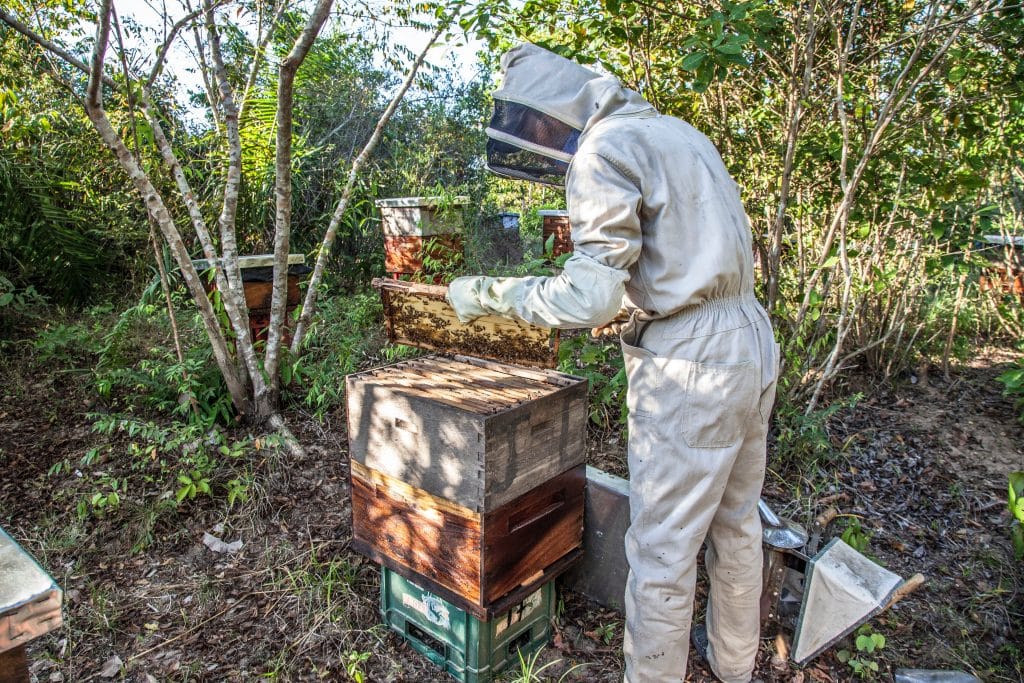What Happens to Bees During Fall?
What Happens to Bees During Fall?

Fall is a busy time for bees. You might not notice the fact that bees don’t slow down at this time of the year. In fall, beekeepers are harvesting honey. Bees, hornets, and wasps increase in the early fall, mainly because populations are at their largest size around that time of year. The population size of the nest has been growing all summer, meaning, in the beginning of the fall season, nests have matured.
Dietary changes during the fall. Some species become more aggressive because they are already preparing their queen for the winter at this point. The behavior is made worse by natural food sources, such as insects and flowers, together with the colder temperatures, bees grow hungry. “Many stinging insects also undergo a change in their dietary needs in the fall, switching from requiring proteins to requiring carbs. These factors cause stinging insects to seek out artificial food sources, leading them to become more of a nuisance around outdoor events like festivals and backyard picnics.” quoted from the Batzner Pest Control.
Studies show that bees who are born during the fall season are especially vigorously healthy, as they are the ones keeping the hive alive during the winter months. However, there are several instances where dead bees are found on the bottom of the board entrance.
“Sometimes you see this the day after you inspect a hive. In the fall they get rid of the drones, the male bee. Drones are useful during the spring and summer to mate with virgin queens. But in the fall queen rearing is over. It is too late in the year to raise new queens so they get rid of their male population.”
In fall, some beekeepers reported to have been receiving phone calls from different people about suspiciously funny smells from the hive. Since honey makes flavored honeys coming from another season, beekeepers explained that this is coming from the smell of aster honey being cured by the bees.Given all the information, now, can fall be a challenging time for your hives? Let us know your thoughts!
